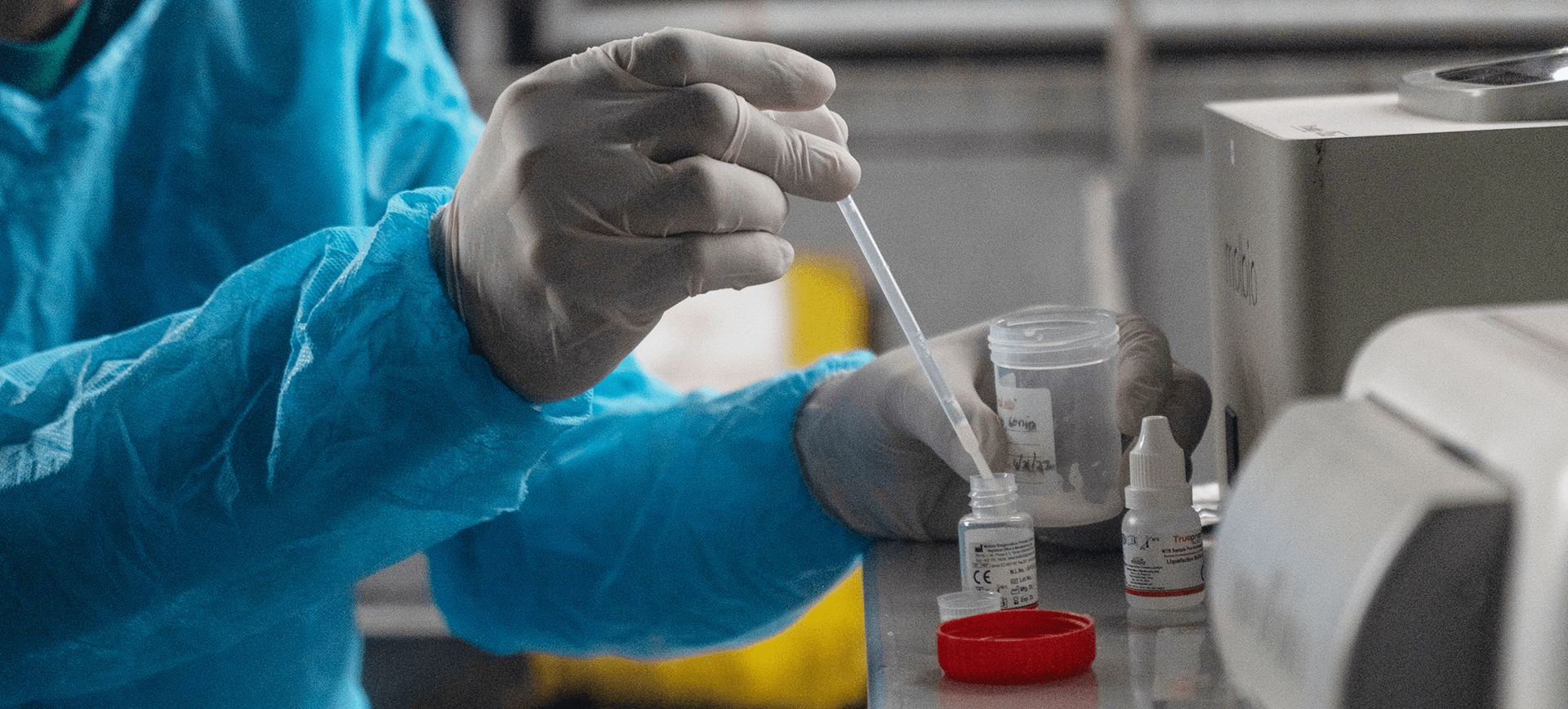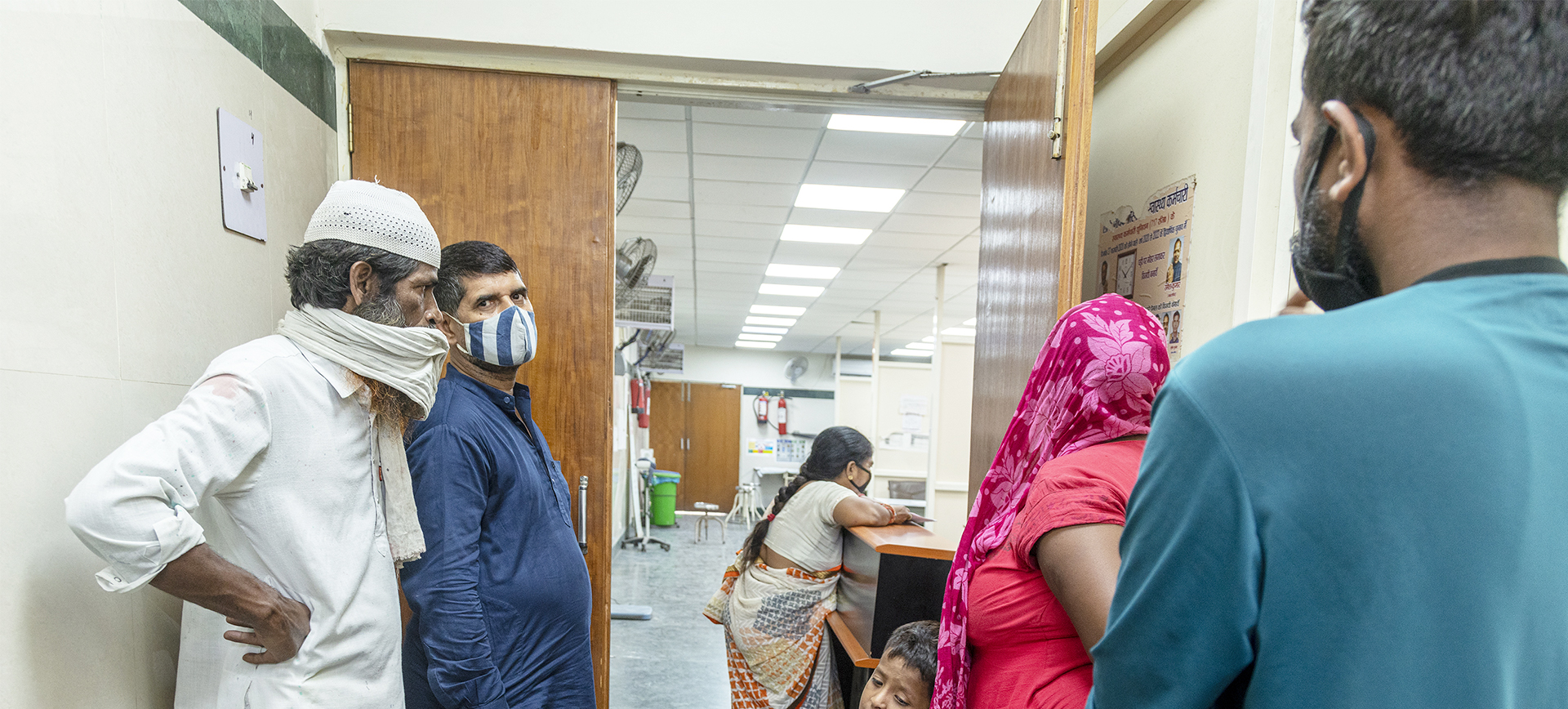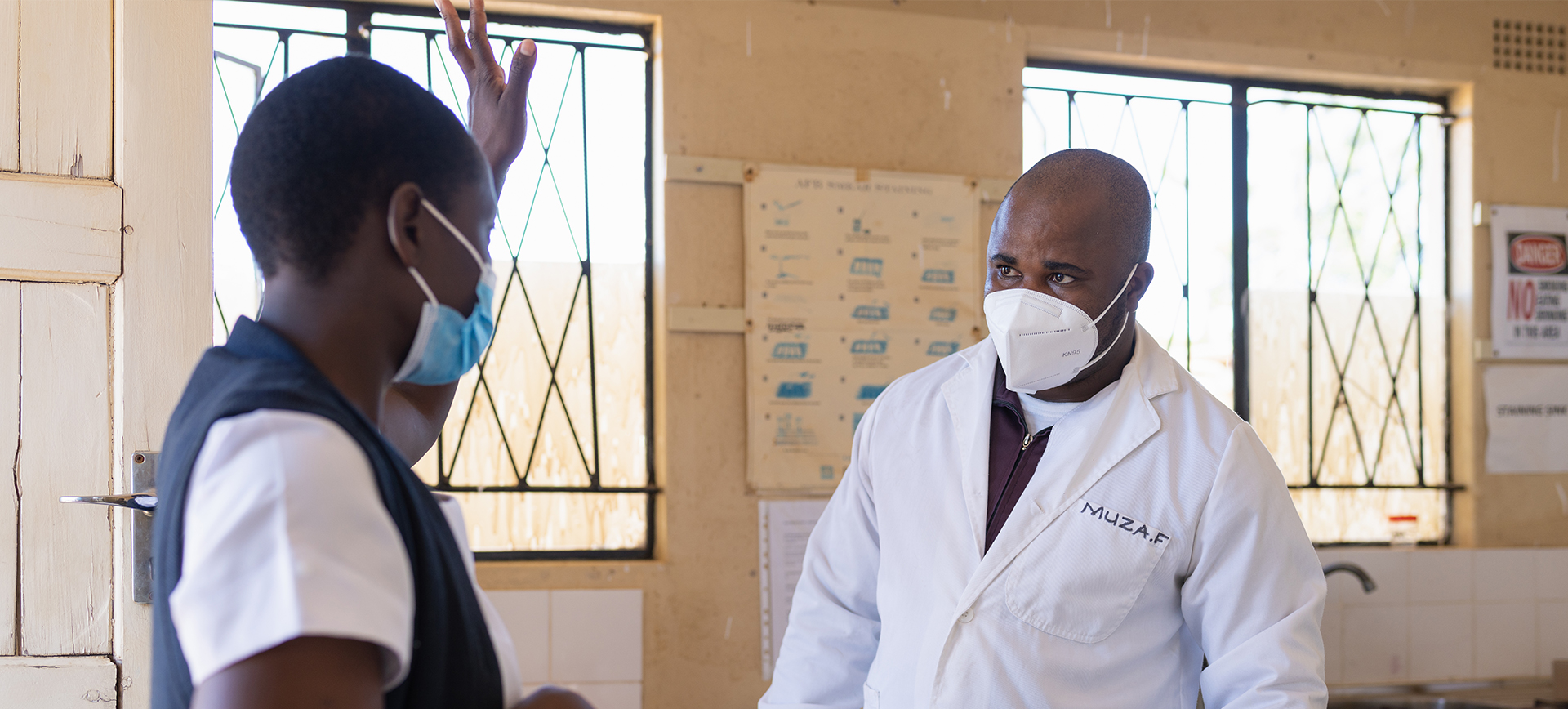At a drug treatment center in Manipur, Ningombam Sanjay walked in with more than just medical records. He carried years of worry about his hepatitis C status and memories of peers who started testing but never completed treatment. But today would be different.
“We can test you right now,” a healthcare worker told him. “If you’re positive, we can start treatment today.” Sanjay thought he had misheard. He had always believed that hepatitis C testing meant weeks of back-and-forth visits—each one a risk of being seen at the clinic by a known and losing a day’s wages.
This change in attitude, otherwise hints at a major shift in Manipur, a northeastern Indian state where over 40% of people who inject drugs have hepatitis C. The old process was exhausting. Patients had to visit the clinic multiple times—first for screening, then for confirmation, and finally for treatment. Half never made it past confirmation. Of those who did, almost half never returned for treatment.
Then came the Community Network for Empowerment (CoNE) with a bold idea: what if everything could be done in a single day? Across 22 drug treatment centers, Truenat technology was introduced. The results painted a specific picture—241 people who tested positive for hepatitis C antibodies received RNA testing in just 40 minutes on average. Nearly all—99.4% of eligible patients—started treatment that same day, and 88% were cured after completing it.
“Instantly.” That’s how Dr. Ranjana Kumar describes the transformation at one of the centers. “Before, patients came for testing but disappeared before follow-up. Now, we tell them, ‘Stay a little longer, and you can leave with a treatment plan.'”
The key to this change is simple. Truenat doesn’t need complex infrastructure, and health workers can easily learn to use it. It handles everything—from sample collection to results. “It’s like having a complete lab in a box,” a nurse stated.
For people like Maya, a mother of two who had avoided testing for years, this was life-changing. “I couldn’t afford to keep coming back,” she said. “When they told me I’d know my status and start treatment the same day, I finally felt like getting cured was possible.”
The impact goes beyond personal stories. The World Health Organization aims to eliminate hepatitis C by 2030. Manipur’s success shows how this goal can be achieved. Healthcare workers, who once spent their days calling patients who never returned, can now focus on guiding people through holistic treatment.
“We’re not just testing people faster,” says Rajkumar Singh, a CoNE coordinator. “We’re giving them an essence of hope. When someone walks in worried and leaves with a treatment plan, it’s more than medical care—it’s giving them control of their lives.”
Other regions are now looking at Manipur’s model, wondering if it could work elsewhere. In places where patients struggle to make repeated clinic visits, this approach proves that simple, fast healthcare solutions can make all the difference along with the human will to fight for their health.
At treatment centers across Manipur, the quiet hum of Truenat machines signals more than just technological progress. It represents a future where getting tested and treated for hepatitis C is no longer a long, uncertain process. For people like Sanjay, it means moving from fear to certainty, from hope to healing.





